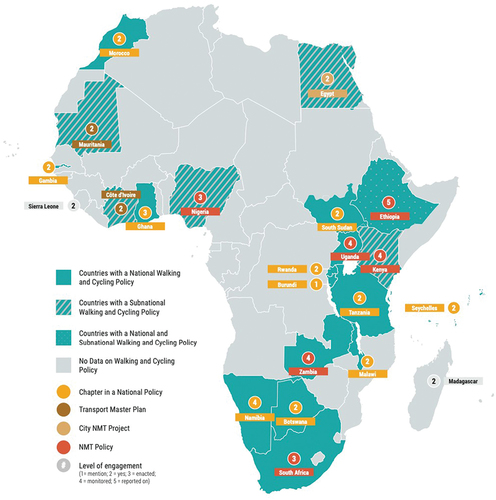Policy-reality gaps in Africa’s walking cities
Contextualising institutional perspectives and residents’ lived experiences in Accra

This paper confronts the current policy landscape and lived experiences of walking in African cities through the lens of policies, plans, institutional, and residents’ narratives. The paper builds on qualitative evidence drawn from content analysis and semi-structured interviews with local-level stakeholders across policy sectors concerned directly or indirectly with walking and walkability in the city. Perspectives from local government institutions are first reviewed to ascertain considerations for accessibility, safety, and pleasurability dimensions of walking and, second, contrasted with the lived walking experiences of residents of low-income settlements in Accra. Results indicate limited attention to pleasurability dimensions in both policy and municipal plans and significant incongruities with residents’ lived realities of walking. This parallel between the frameworks and plans underpinning the construction of the walking environment and the lived experiences of those affected by such decisions seeks to nuance debates about policy-reality (dis)junctures in African urbanism.
Abstract based directly on original source.


Comments